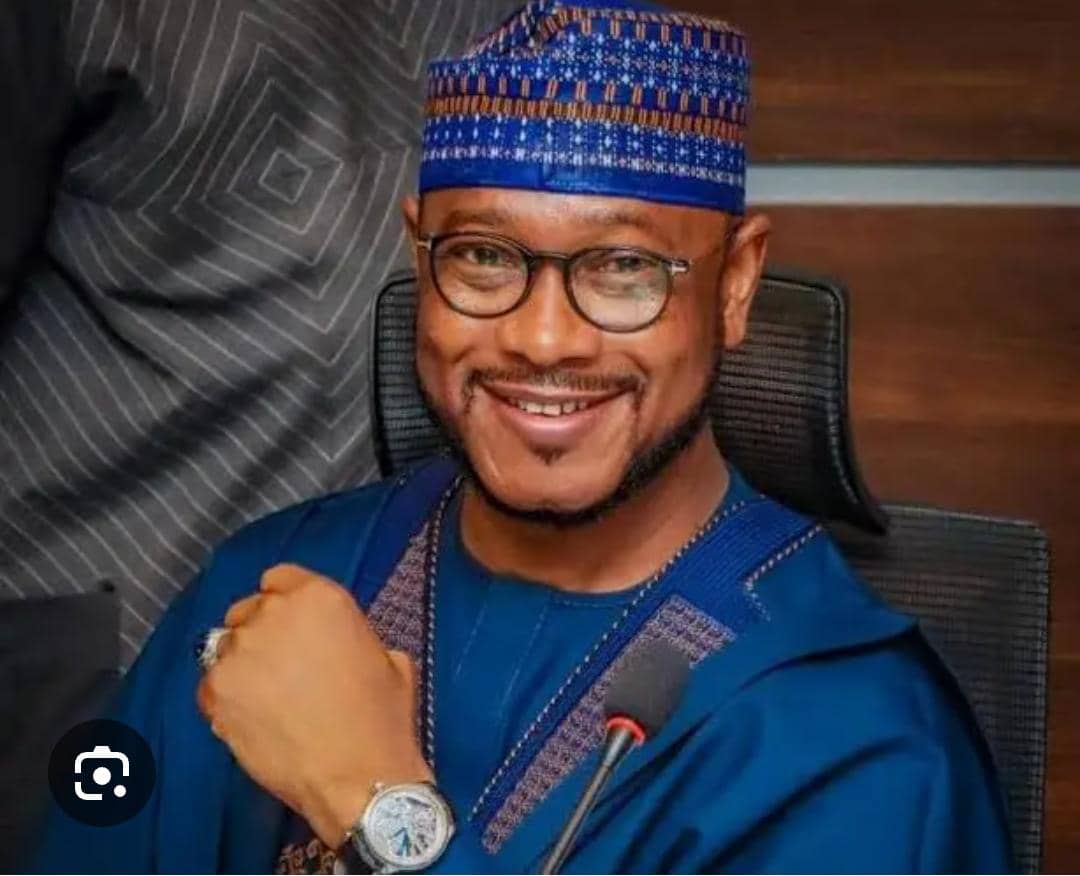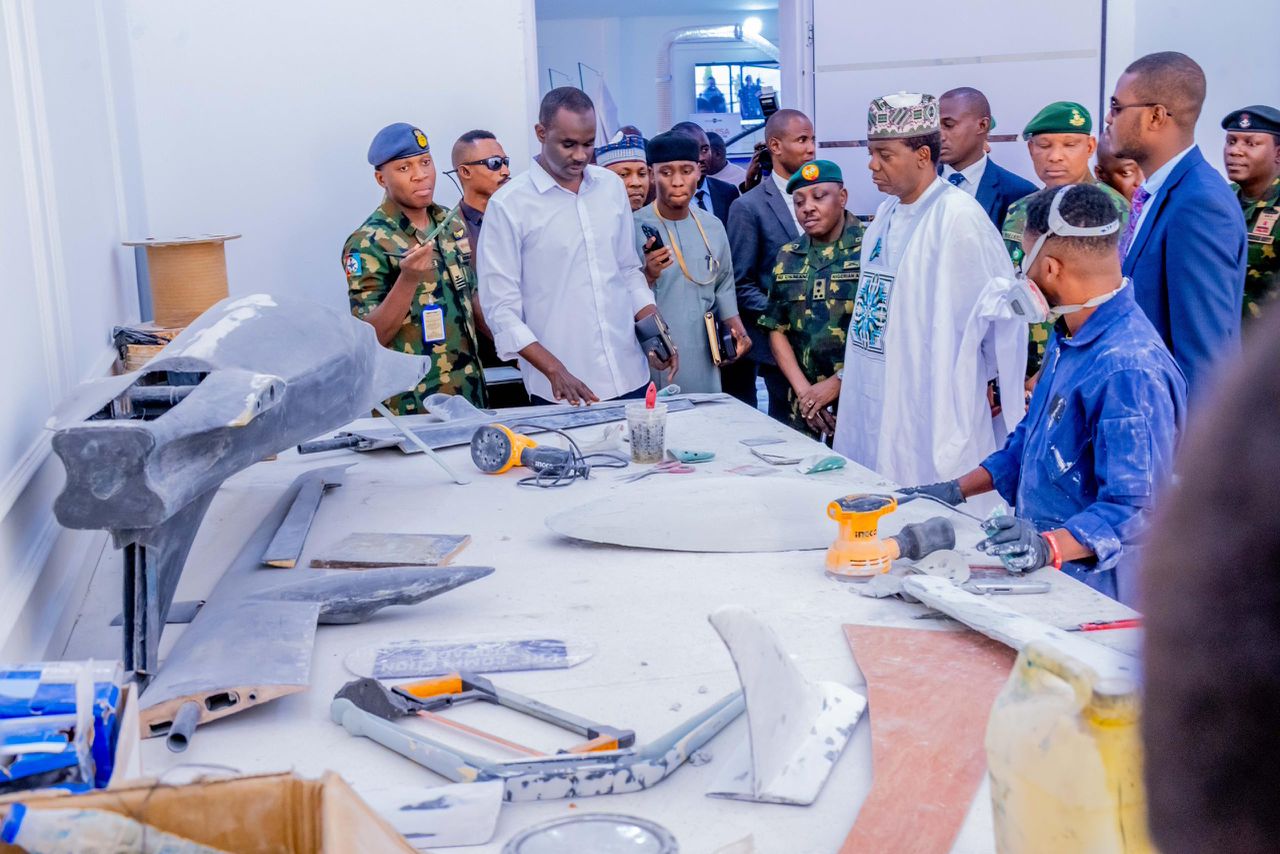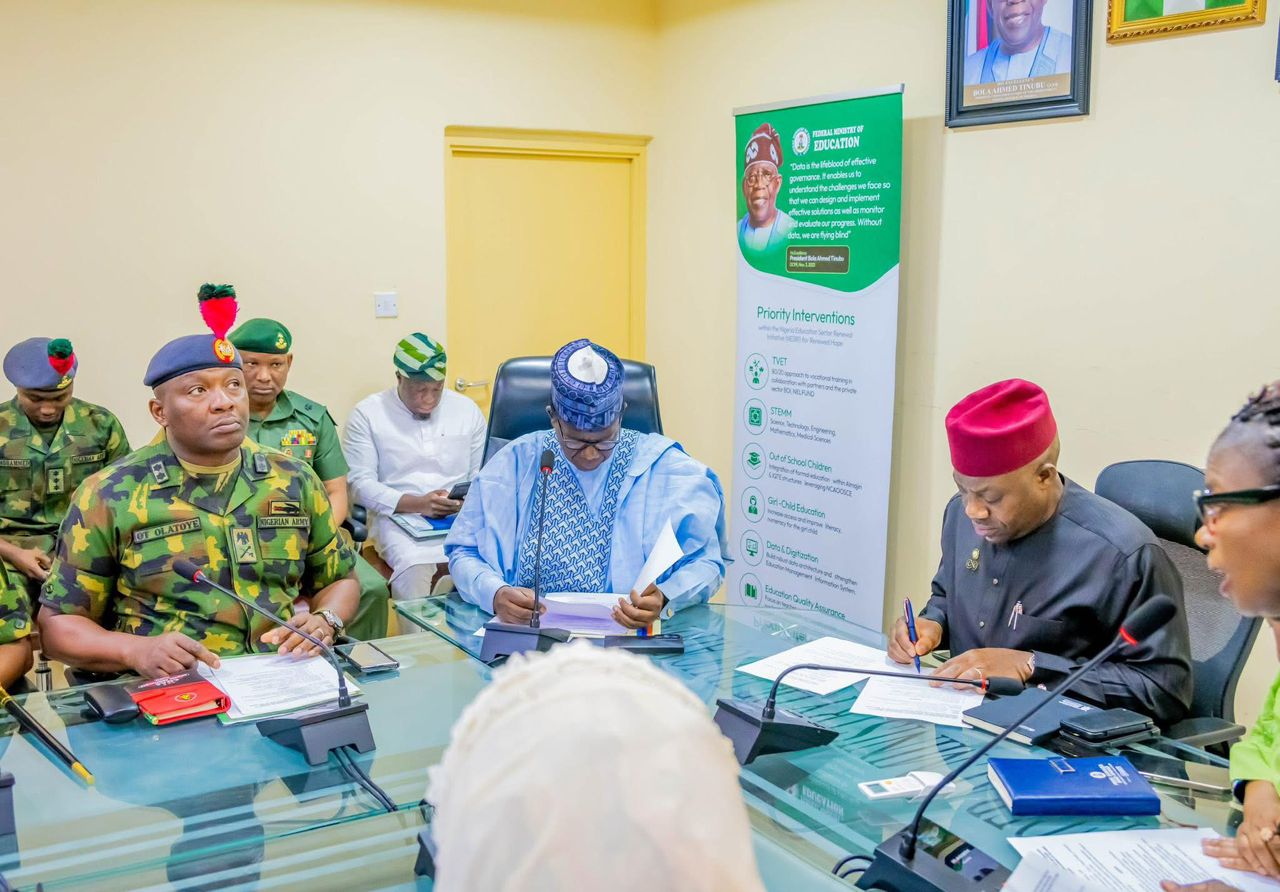The Minister of Communications, Innovation, and Digital Economy, Dr. Bosun Tijani, has announced that the rollout of a comprehensive N3.3 trillion infrastructure project, featuring 90,000 kilometres of fibre optic lines and 7,000 telecom towers across the country, is set to formally kick off in the fourth quarter of 2025.
He noted that the telecommunications sector has experienced remarkable growth under President Bola Tinubu, with Foreign Direct Investment (FDI) soaring to $191 million in the first quarter of 2024, a substantial increase from $22 million in the same period of 2023.
Moreover, the Finance Minister, Mr. Wale Edun, emphasised the vital role of the capital market in realising the federal government’s ambition of achieving a $1 trillion economy by 2030.
Senator Abubakar Bagudu, the Minister of Budget and Economic Planning, also affirmed that the economic reforms initiated by Tinubu’s administration are progressing as planned.
In related news, analysts anticipate a pause in monetary policy adjustments as the Monetary Policy Committee (MPC) of the Central Bank of Nigeria (CBN) is set to announce the outcomes of its recent two-day meeting.
Dr. Tijani made his statements during an interview for a documentary commemorating President Tinubu’s second anniversary. He underscored the significance of workforce development in the sector, driven by the Three Million Technical Talent (3MTT) programme, and announced plans for a $2 billion initiative aimed at deploying 90,000 kilometres of fibre optic infrastructure, commencing in Q4 2025.
He asserted, “These foundational reforms, alongside innovations in artificial intelligence (AI) and the startup ecosystem, have positioned Nigeria as a frontrunner in the digital economy.”
Reflecting on FDI trends, the Special Adviser to the President, Bayo Onanuga, noted an increase from $22 million in Q1 2023 to $191 million in Q1 2024, with further growth continuing into the second quarter.
The Minister highlighted the success of the 3MTT programme, which started in October 2023, having already trained over 117,000 Nigerians in digital skills, exceeding its initial target of 30,000.
He expressed optimism about achieving the target of three million trained individuals by the end of his term. Regarding connectivity, Tijani announced the commencement of Project Bridge, aimed at deploying 90,000 kilometres of fibre optic cable in the fourth quarter of this year.
“We are preparing a $2 billion investment to ensure every Nigerian has access to affordable and high-quality connectivity, irrespective of their location. A mere 10% increase in connectivity hubs could result in a 2.5% growth in GDP,” he stated.
Tijani celebrated Nigeria’s ranking among the top 60 nations for AI readiness and the development of a homegrown large language model (LLM). He also announced the launch of the AI Collective platform, supported by prominent partners such as Pierre Omidyar, Google, and Microsoft, aimed at fostering collaboration and innovation in AI.
For the first time, the ministry has financed 55 academic researchers to explore technology applications in agriculture, healthcare, and education, alongside a N300 million investment in 10 startups leveraging AI and blockchain to boost agricultural productivity.
Discussing the Nigeria Startup House in San Francisco—which targets $5 billion in startup funding—Tijani remarked, “Our goal is to attract $5 billion in investments for Nigerian startups, bolstered by the Startup Pact and Trade Desk initiatives that connect local tech firms to global opportunities and government procurement.”
He revealed that over 500 government technologists have received training in AI and Digital Public Infrastructure (DPI), and the pioneering Digital Economy Bill has successfully passed its first reading in the National Assembly.
To address rural connectivity challenges, the Minister projected the deployment of 7,000 telecom towers, aiming for 98% nationwide coverage, with the Federal Executive Council already approving the project.
He described advancements in Right-of-Way issues as transformative, revealing that 12 states have adopted zero-rated Right-of-Way policies.
These initiatives are expected to support the National Broadband Plan’s objective of achieving 90% penetration by 2025, up from 48% in 2024.
He anticipates the sector’s GDP contribution to rise from 16% to 22%, stating, “If a sector can enhance its GDP contribution by three to four percent, we are on the verge of unprecedented economic growth. Technology enables us to bridge the gap between government and citizens.”
Tijani affirmed that the government is focused on long-term reforms rather than quick wins, stating, “The outcomes we aim to deliver for Nigeria are enduring reforms that will reshape our economy for generations.”





